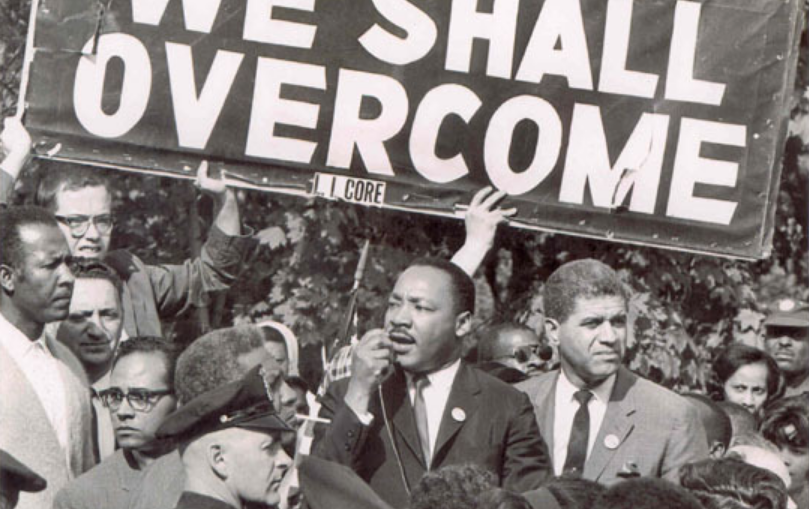Table of Contents
FOLKTALES AND LEGENDS
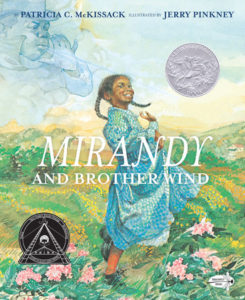 |
In Patricia McKissack’s Mirandy and Brother Wind (Dragonfly, 1997), Mirandy plans to have the very best dance partner for the junior cakewalk jubilee – Brother Wind himself. But it’s not easy to catch the wind. For ages 4-8. |
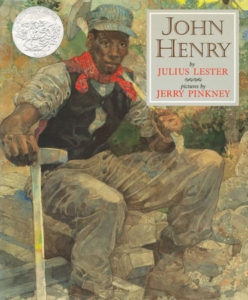 |
Julius Lester’s John Henry (Puffin, 1999) is the picture-book story of the legendary strong man (born with a hammer in his hand) who could dig through a mountain faster than a steam drill. For ages 4-8. For the same age group, also see John Henry: An American Legend by Ezra Jack Keats (Knopf, 1987). |
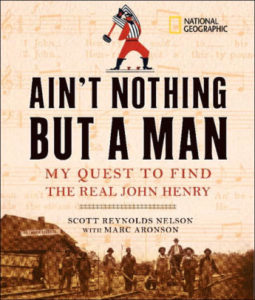 |
For older readers, ages 10 and up, Scott Reynolds Nelson’s Ain’t Nothing but a Man: My Quest to find the Real John Henry (National Geographic, 2007) is a fascinating account of attempts to identify the man behind the songs and stories.
|
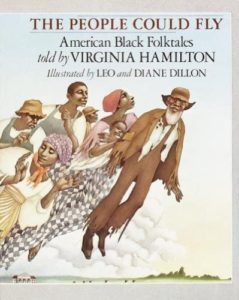 |
Virginia Hamilton’s The People Could Fly (Knopf, 1993) is an illustrated collection of 24 African-American folk tales, including animal tales, supernatural stories, and slave tales about freedom. For ages 8 and up. Also see Hamilton’s Her Stories: African American Folktales, Fairy Tales, and True Tales (Blue Sky Press, 1995). |
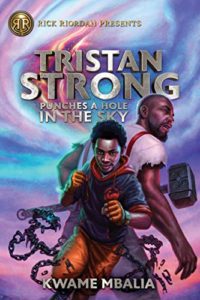 |
Kwame Mbalia’s Tristan Strong Punches a Hole in the Sky (Rick Riordan Presents, 2019) is a wonderful fantasy set in a world of West African gods and African American folk heroes – including John Henry, Brer Rabbit, and High John the Conqueror. The title character, Tristan, punches his grandmother’s bottle tree, and inadvertently rips open a hole in the sky of an alternative universe, MidPass – and soon it turns out that Tristan is a pivotal figure in saving this strange world from destruction. An exciting read for ages 11 and up. |
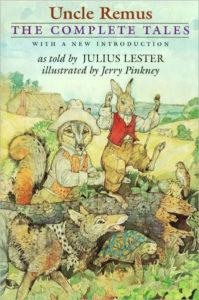 |
By Julius Lester, with illustrations by Jerry Pinkney, Uncle Remus: The Complete Tales (Dial, 1999) is a hefty compendium of African-American folktales starring Brer Rabbit, Brer Fox, and friends. There are many editions of these; this one drops the heavy dialect of the earlier Joel Chandler Harris version. For all ages.
|
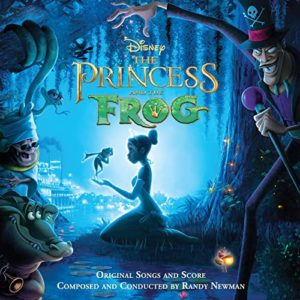 |
Tiana, the first African American Disney princess, stars in The Princess and the Frog (2009), a retelling of the tale of “The Frog Prince.” But with voodoo and a trumpet-playing alligator. Rated G.
|
POETRY
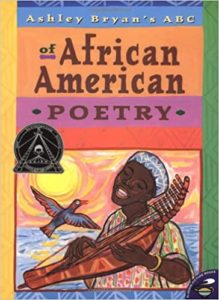 |
Ashley Bryan’s ABC of African American Poetry (Atheneum, 2001) is an illustrated collection of poetry excerpts from works by 25 African American poets (plus one spiritual). For ages 4-8. |
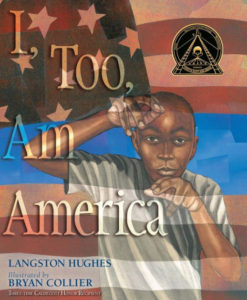 |
By master poet Langston Hughes, I, Too, Am America (Simon & Schuster, 2012) is a picture book version of the classic poem of the same title. “I, too, sing America./I am the darker brother./They send me to eat in the kitchen/When company comes,/But I laugh/And eat well/And grow strong.” For ages 4-8. For a biography of Hughes, a list of his works, and sample poems, see Langston Hughes from the Academy of American Poets. |
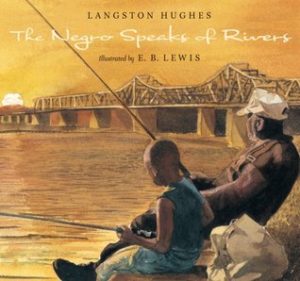 |
By Langston Hughes, The Negro Speaks of Rivers (Hyperion, 2009) is a picture-book version of the poem of the same title, which melds world rivers with the story of African Americans. (“I’ve known rivers:/I’ve known rivers ancient as the world/and older than the flow of human blood in human veins.”) For ages 7-12. Also see The Negro Speaks of Rivers from the Academy of American Poets. |
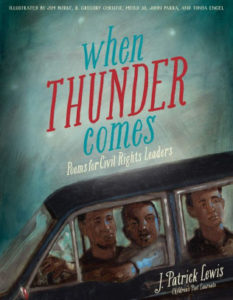 |
By J. Patrick Lewis, When Thunder Comes (Chronicle Books, 2012) is a collection of poems in the voices of seventeen civil rights leaders from around the world, among them Harvey Milk, Coretta Scott King, Aung San Suu Kyi, and Nelson Mandela. For ages 9 and up.
|
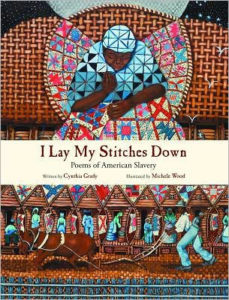 |
By Cynthia Grady, I Lay My Stitches Down (Eerdsmans Books, 2012) is a collection of poems about American slavery, each from a different perspective – for example, that of a house slave, a blacksmith, and a fugitive. Each poem is illustrated with images from quilting or textile arts. For ages 10 and up.
|
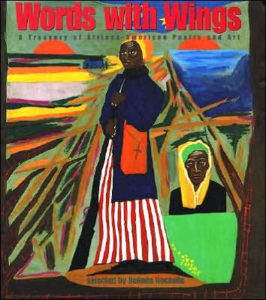 |
Belinda Rochelle’s Words with Wings (Amistad, 2000) pairs 20 poems and 20 works of art by African American poets and artists. A beautiful book for all ages.
|
|
At Famous Poets and Poems, African American Poets has short biographies and selections of poems for many, among them Maya Angelou, Gwendolyn Brooks, Countee Cullen, Rita Dove, Nikki Giovanni, Langston Hughes, and Phillis Wheatley. |
|
|
See Black History Month from the Academy of American Poets for lists of featured poems, essays, and books. Also see the Poetry Foundation’s Celebrating Black History Month. |
